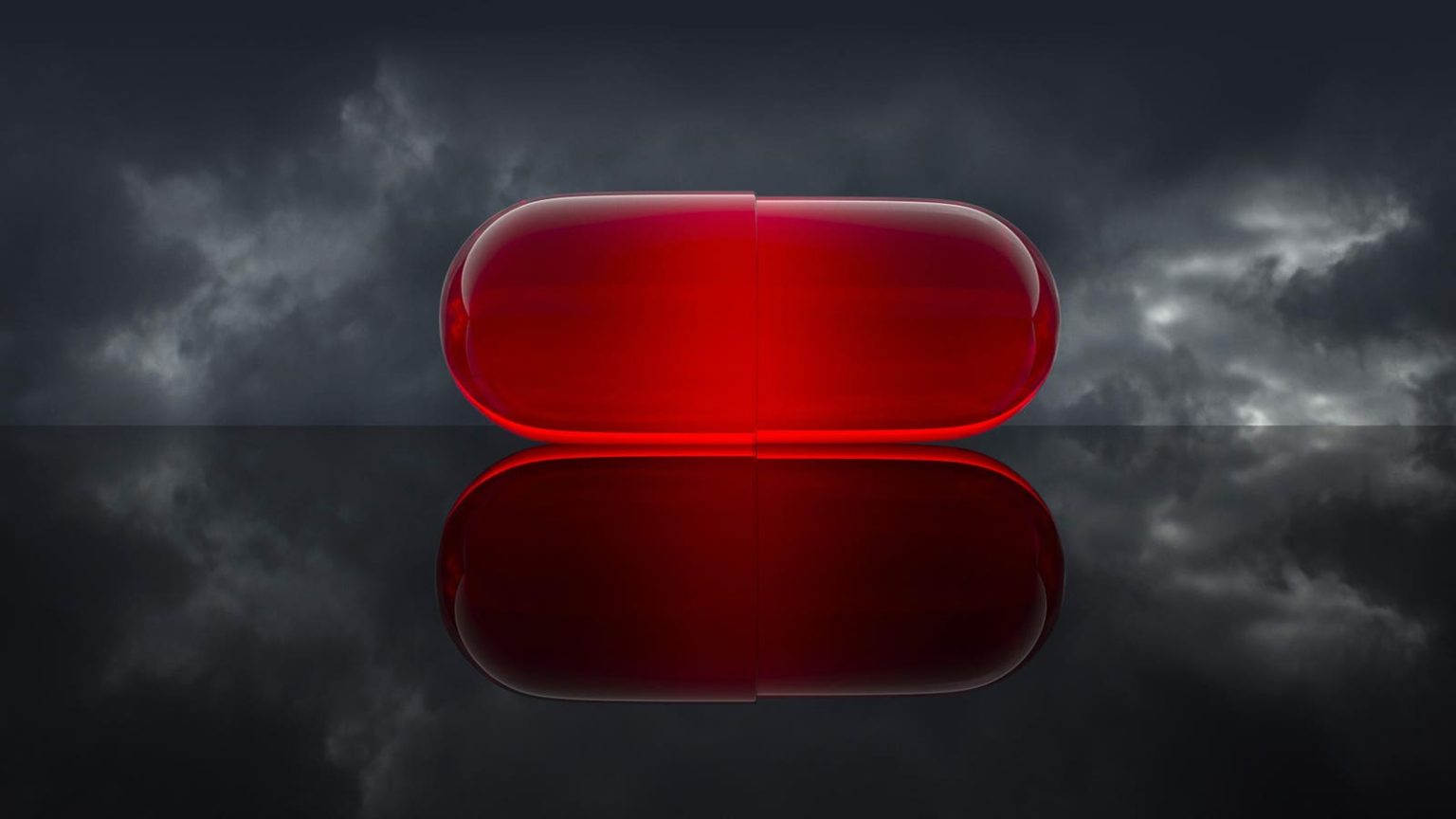President-elect Donald Trump’s campaign promises to lower drug prices and increase tariffs are at odds, with his proposed tariffs likely leading to higher drug prices for consumers. Trump has suggested tariffs of 10-20% on imports from most countries, with even higher tariffs on Chinese and Mexican imports. Historically, medications have been exempt from tariffs, but Trump’s universal tariff proposal would impact pharmaceutical imports from countries like China, which supply a significant portion of medications to the United States.
The United States imports billions of dollars worth of pharmaceuticals from China alone, including essential medications like heart medication, cancer treatments, and antibiotics. Even domestic manufacturers rely on global supply chains, particularly for active pharmaceutical ingredients (APIs), many of which are sourced from overseas, including China. Shifting production away from higher tariff areas like China would likely result in production moving to countries with lower tariffs, rather than back to the United States, due to the lack of capacity for drug production domestically.
The pharmaceutical industry is concerned about the potential impact of tariffs on innovation and development, as increased costs could limit resources for research and development. Companies may focus on safer bets and reduce risks, leading to a slowdown in new drug development. Tariffs could also contribute to the Federal Reserve raising interest rates, which would have a cooling effect on investment in riskier companies, such as those developing new gene therapies or technology classes without FDA approval.
Some American companies, like W.R. Grace, that have already been planning to expand domestic production of drug components may benefit from tariffs. However, these companies are still likely to face higher costs, even if U.S. pharmaceutical companies choose to buy from them. Overall, tariffs on pharmaceutical imports could result in higher prices for consumers, with little impact on the quality or supply of medications.
Ultimately, the pharmaceutical industry is facing uncertainty and challenges as the incoming administration considers implementing tariffs on drug imports. The potential impact on drug prices, innovation, and investment in new therapies is a major concern for the industry, as they navigate the complex global supply chain and regulatory environment. Patients, researchers, and manufacturers are all closely watching how the tariff proposal could shape the future of the pharmaceutical market.













